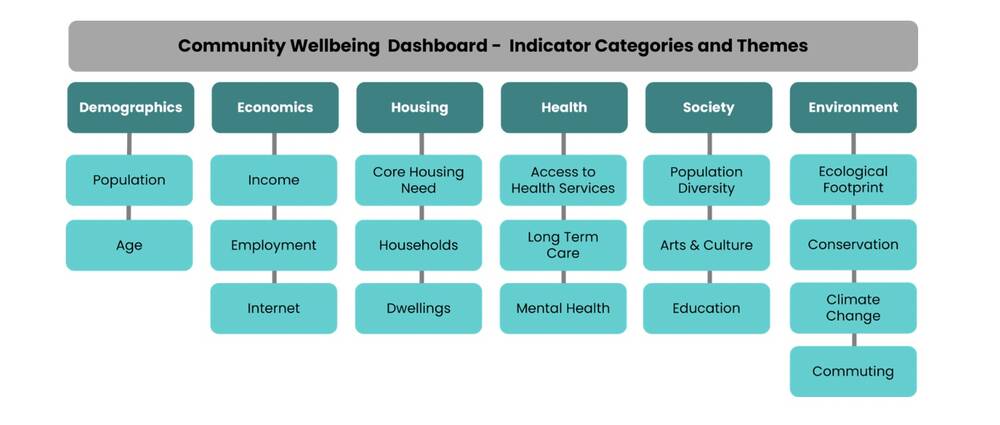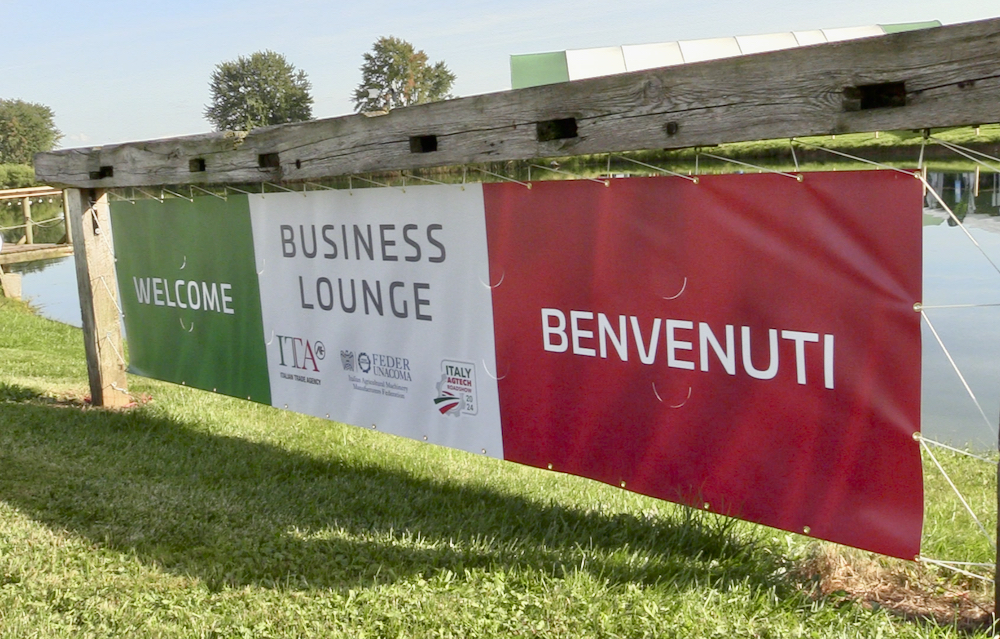New online tool aims to improve rural community well-being

In its quest to identify challenges and assess quality of life for rural Ontarians, the Rural Ontario Institute has launched a community well-being dashboard.
Read Also


‘Made in Italy’ aims to grow presence in Canadian agriculture
At Canada’s Outdoor Farm Show last month, a group representing Italian companies visited the Woodstock, Ontario farm site during the…
The online tool is part of the institute’s wider Rural Community Well-Being Project and aims to provide rural communities with standardized data to establish a baseline, identify priorities for change, monitor progress and share success stories.
Why it matters: The tool is a novel approach for rural communities to access streamlined information.
Institute executive director Ellen Sinclair said in a Sept. 25 press release that the dashboard will provide services seldom offered in rural areas.
“There are many systems for assessing quality of life and well-being. However, many of these systems are designed for urban areas, or rely on labour-intensive data collection and analysis.”
The dashboard is designed to communicate population statistics and other demographic indicators that can be applied to specific regions of Ontario for more precise results.
Data strategy manager Danielle Letang said the COVID-19 pandemic was a driving factor behind the dashboard’s creation.
“It just became more obvious that rural communities specifically really struggle to find that information for decision making.”
Letang also said many urban areas have a better capacity for data collection, with resources like Vital Signs reports or the University of Waterloo’s Index of Wellbeing report. These are not always applicable to rural communities.
“What usually happens with those systems is a community decides they’re going to do a Vital Signs report, or they decide they’re going to do an Index of Wellbeing report, and so they end up developing quite an extensive survey, and they have to deploy the survey, and then they have to gather all the input and then analyze it, and then write a report,” she said.
“That is really labour intensive, and most rural municipalities just don’t have the capacity to do that … urban areas just have, you know, easier access to resources to do those things.”
Letang said target users of the dashboard are community-level organizers like municipal governments and city councillors, but could also extend to researchers or local social organizations.
“We’ve had a lot of interest from local United Ways. There’s also some interest in using this tool to help review community safety and well-being plans, which are a new legal requirement from the Ministry of the Solicitor General.”
She said this work has identified prevalent challenges for rural Ontarians, among them housing prices.
“Other issues are related to health care. You know, there’s a serious lack of health care infrastructure in rural communities. We’ve seen a lot of rural emergency departments close.”
While housing costs and strained health care are concerns in urban and rural areas alike, some issues are more rural-specific.
“I think also Internet access is something that rural communities really struggle with, and so there have been government commitments to expand broadband access. So, this dashboard has indicators around that.”
Climate change is another issue.
“A lot of rural areas are facing some of the impacts, especially if there’s a resource-dependent community, like agriculture or natural resources. The climate change lens is different when you look at a rural community versus an urban community, right? So, in an urban community, you might be more concerned about heat wave vulnerability, for example.
“In a more rural area, it might be things like forest fires, which also impacts the local sector.”
The dashboard’s launch was part of the second phase of the Rural Community Wellbeing Project, which will end in March 2025. Phase three will run until 2027 and involve updating indicator data, engaging communities and publishing a final project report.
The Ontario Trillium Foundation and the Ontario Ministry of Agriculture, Food and Agribusiness are partners on the project. The institute is hosting a webinar Oct. 30 to provide information on the dashboard as well as rural wellness. To register, visit: www.ruralontarioinstitute.ca/events.
Source: Farmtario.com

